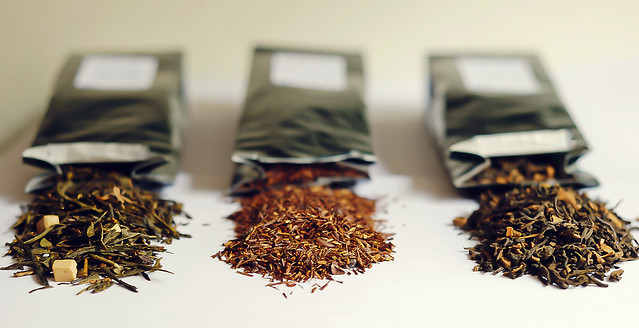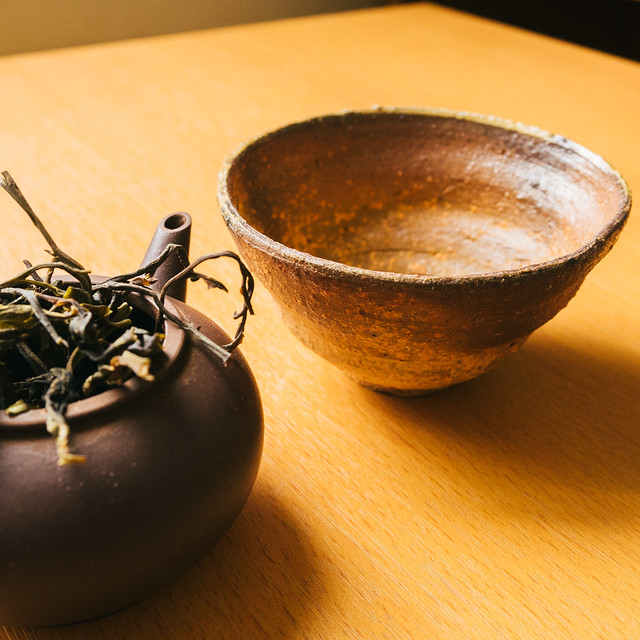Make Real Tea With Natural Tea Ingredients
Make Real Tea With Natural Tea Ingredients
Need a hot tea recipe? Learn how to brew flavorful, natural teas with whole herbs and fruits — no mystery tea bags required.
What’s in your store-bought tea bags?
Most commercial tea bags contain finely ground tea dust or fannings rather than whole herbs, fruits, or flowers. Bags are often made of paper or food-grade plastic. For a richer, healthier cup, brew tea from fresh, whole ingredients.
Tamarind Ginger Tea
Tamarind fruit is loved across Africa and the Caribbean for its tangy pulp — perfect for a warming, soothing tea. For a flavorful homemade blend, try our Tamarind Ginger Tea recipe.
African Bush Tea
Made with indigenous African herbs, African Bush Tea has been used for generations as a healing drink and daily tonic.
Papaya Seed Tea
Papaya seeds have a peppery taste and are used to brew Papaya Seed Tea — an unexpected and bold African twist.
Get Good Hot Spice Tea
Ingredients:
2 cups water
½ tsp ground turmeric
½ tsp ground ginger
½ tsp ground cinnamon
1 tbsp honey
Directions:
Bring water to a boil; add turmeric, ginger, and cinnamon. Simmer 10 minutes. Strain, sweeten with honey, and add lemon if desired.






























